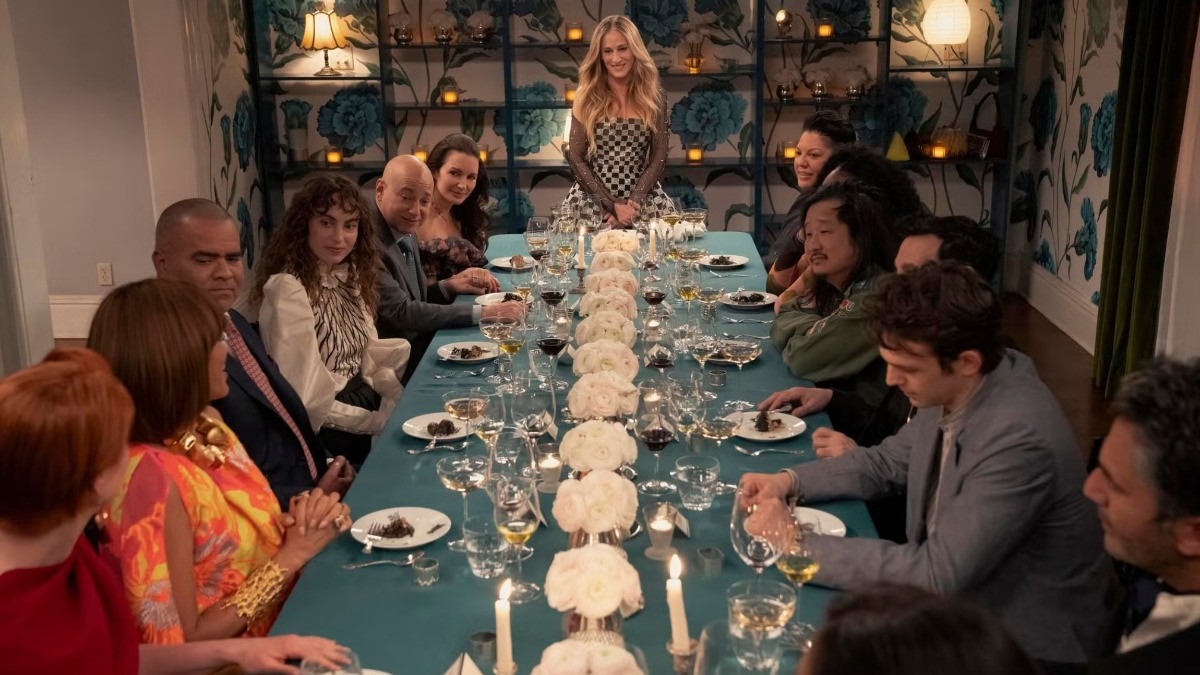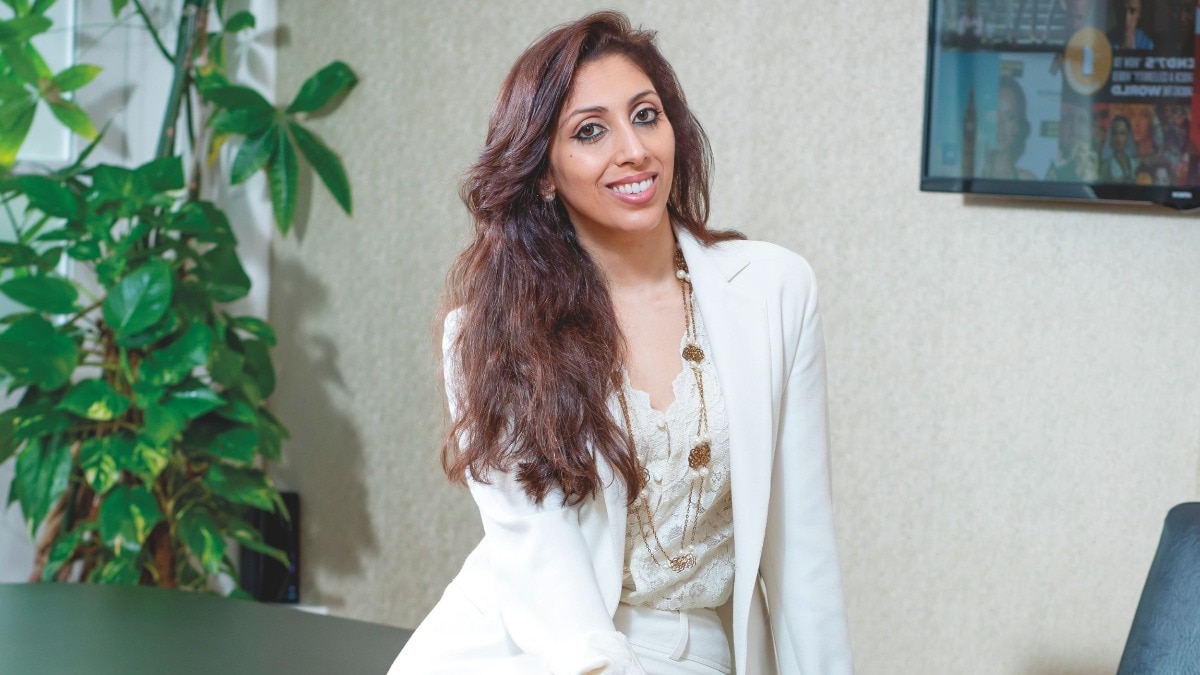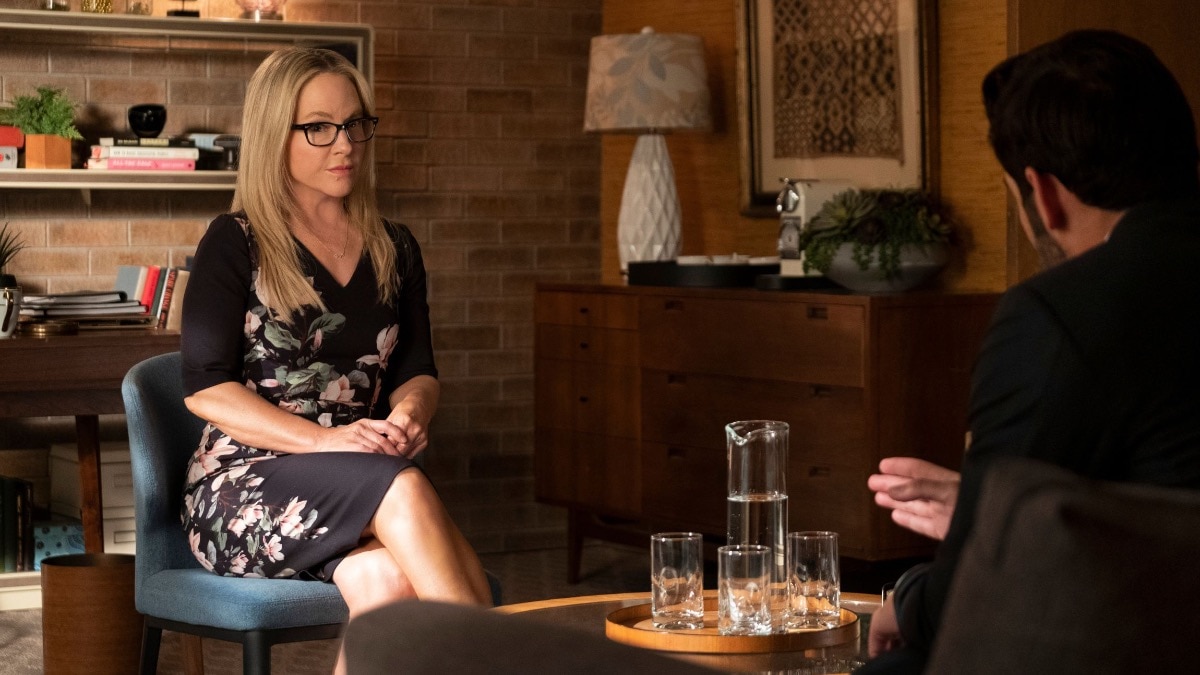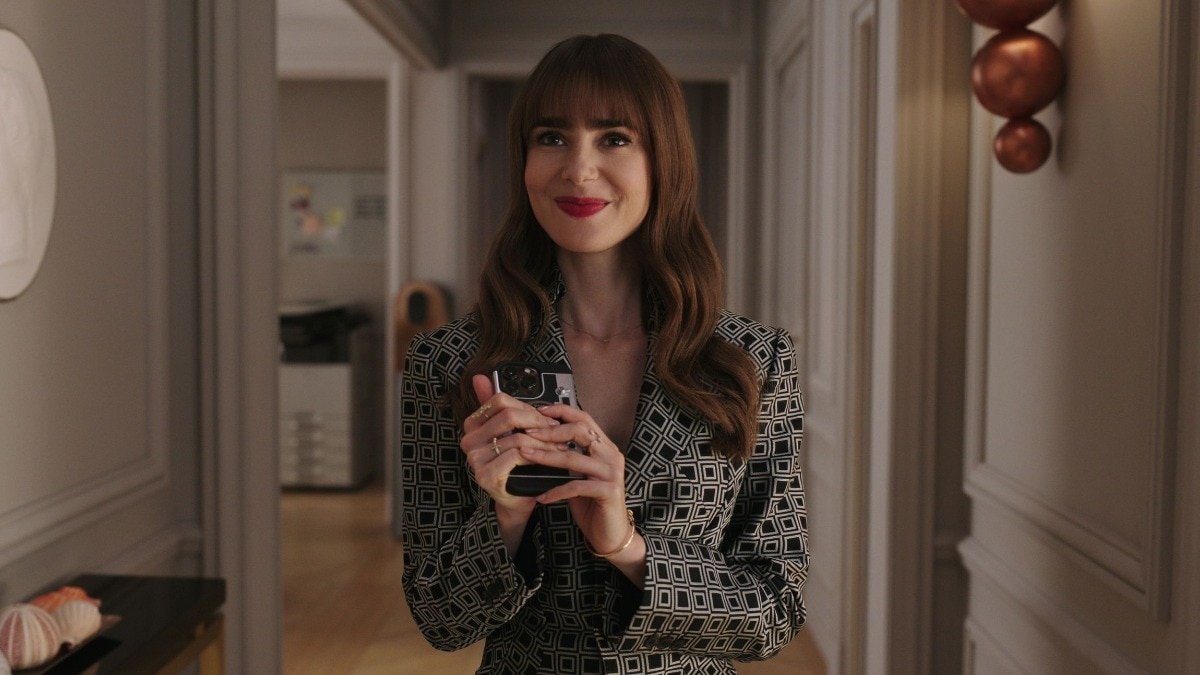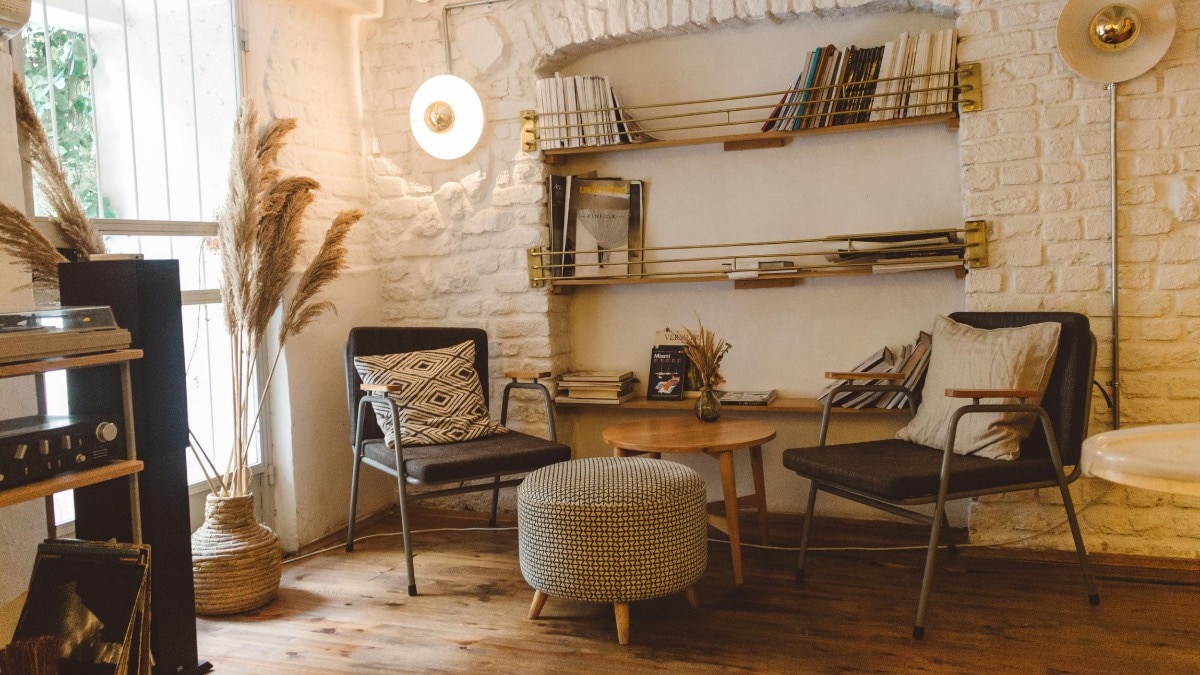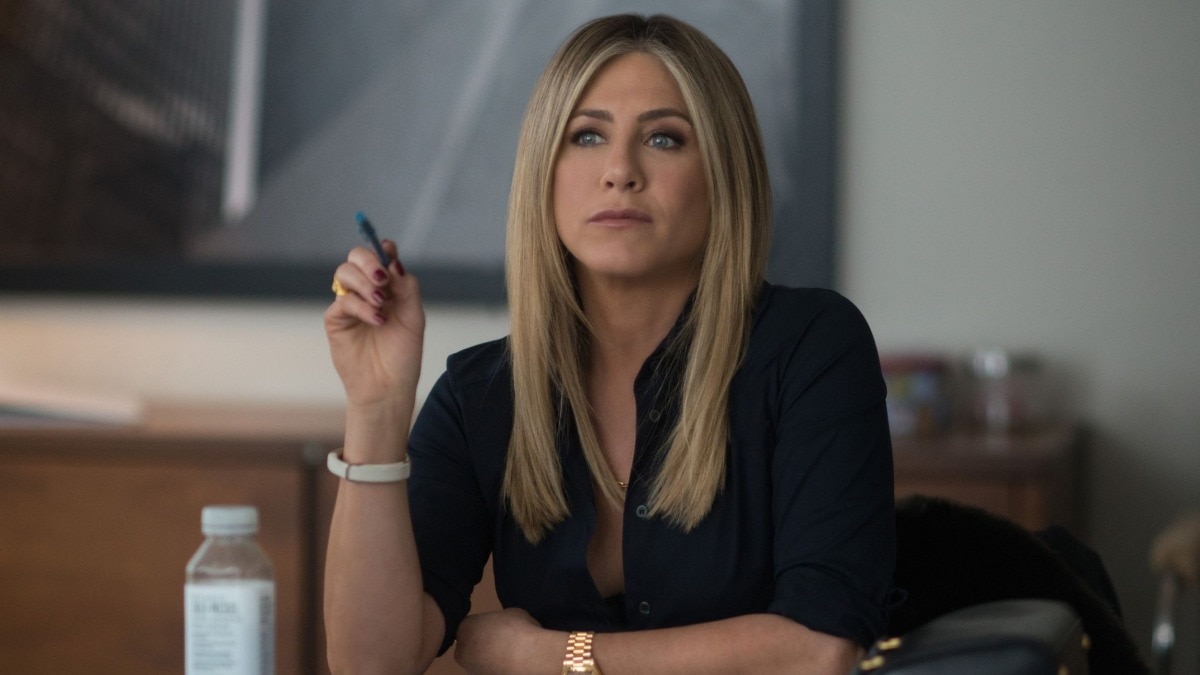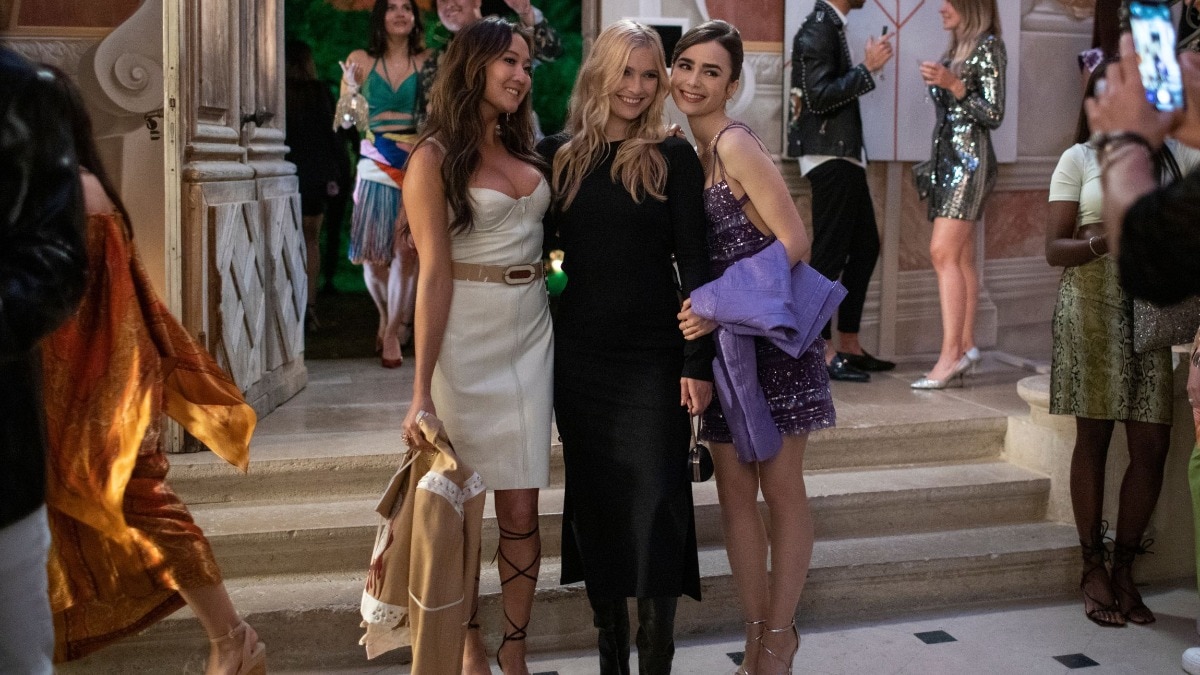Why is it so difficult to make new friends as an adult?
It's just like finding your soulmate on a dating app—challenging, but not impossible.


Anyone who knows me (even remotely) will be able to tell you that I make friends very easily. I can go up to a group of strangers and make conversations about the sun, the sea and everything in between without any qualms. As some people have told me, I can befriend a tree. And owing to this quality of mine, I’ve made numerous best and close friends throughout my life. Some I’ve lost along the way, while others continue to be people I would walk into a burning building for without an ounce of hesitation. However, most of the people in this category are the ones I’ve known either since the day I was born (literally!) or met in my late teens and early 20s. Side note: Did you know that a 2019 global study commissioned by Snapchat titled The Friendship Report found that the average age at which people meet their best friends is 21?
However, there came a point where I found myself without the buzzing friend circle I was so used to having around me. Some moved abroad, some just drifted away and turned into strangers, and some got married while I was still in the swiping-on-dating-apps phase. All our lives took different paths and all the amazing times we’d spent together turned into distant memories that we would rehash if and when we happened to talk every few months. But during this phase of my life, I also realised another thing—it’s not that it’s tough to hang on to your friends once you grow older, it’s also incredibly difficult to make new ones.
Think about it this way—research shows that making a casual friend takes 50 hours on average, while close friendships take 200 hours. And with our crazy work schedules topped with kids and spouses and everything else, making a new friend is a thing of chance. Besides, adult friendships are kind of weird. Our primary form of communication is memes and we make plans for three weeks later, which also inevitably fall through. No wonder they are so hard to sustain. But that’s not the only reason.
And it makes sense. As kids, we aren’t self-conscious or have commitment problems. We aren’t afraid of being vulnerable and honest. Adulthood though, is a different story. We are constantly trying not to be judged or be judgemental. And after all the curveballs life has already thrown our way, we have walls so high that they can be seen by the International Space Station! We exaggerate for effect but you see the point, right? So, swiping through the ‘friends’ section of a dating app, looking for new people to have a drink with on Saturday night might not work in the first go. Or the second. Or third. Actually, making friends post 25 is a lot like trying to find your soulmate on a dating app. It’s not impossible but it is challenging.
We aren’t trying to discourage you; the opposite actually. We’re here as your friendship guides. If you are looking to make some new friends in your adulthood, here’s what you should do.
Intend and follow through
Dr Chand says, “One of the factors that helps is our intentionality. We intend to make a new friend, to find a person we can get on with, who has common interests with us and we give it a fair shot. We try and hang in with them. We make that promise to ourselves and we try and follow it through to make it easier.”
Open up
Making conversations and going out together is the easy part. However, that’s not all friendship is about. You have to allow yourself to be a tad vulnerable with whoever you want to befriend. Even if your trust issues are tingling, you have to open up to them. Dr Chand says, “It's not just laughs, giggles, and having a good time. It’s about sharing yourself and your life, your challenges, and your successes. A lot of times, people shy away from that and it makes it hard for them to make friends.”
Don’t worry about imposing on this person who doesn’t know you very well, and you need to be there for them, too. Of course, first, you need to make a clear assessment about whether the person you are putting your trust in deserves it or not. But, as I said earlier, it’s like online dating. Just because you have a few bad experiences doesn’t mean you should close yourself off.
By the time we reach our 30s, we have a strong sense of who we are. Our worldview has solidified and so have our opinions. So, a criterion of befriending people is also finding people whose perspective aligns with ours. However, don’t instantly shut people out because they see the world differently. Dr Chand says, “You might get to know different perspectives and points of view and that might help you venture out of your comfort zone a little bit.”
This person might teach you how not to be very critical of yourself, not to feel debilitated by rejection, and to keep an open mind about other people and their journeys. So, keep the criticism or judgmental stance a little at bay and appreciate people for their life experiences, even if they’ve make choices you wouldn’t make.

